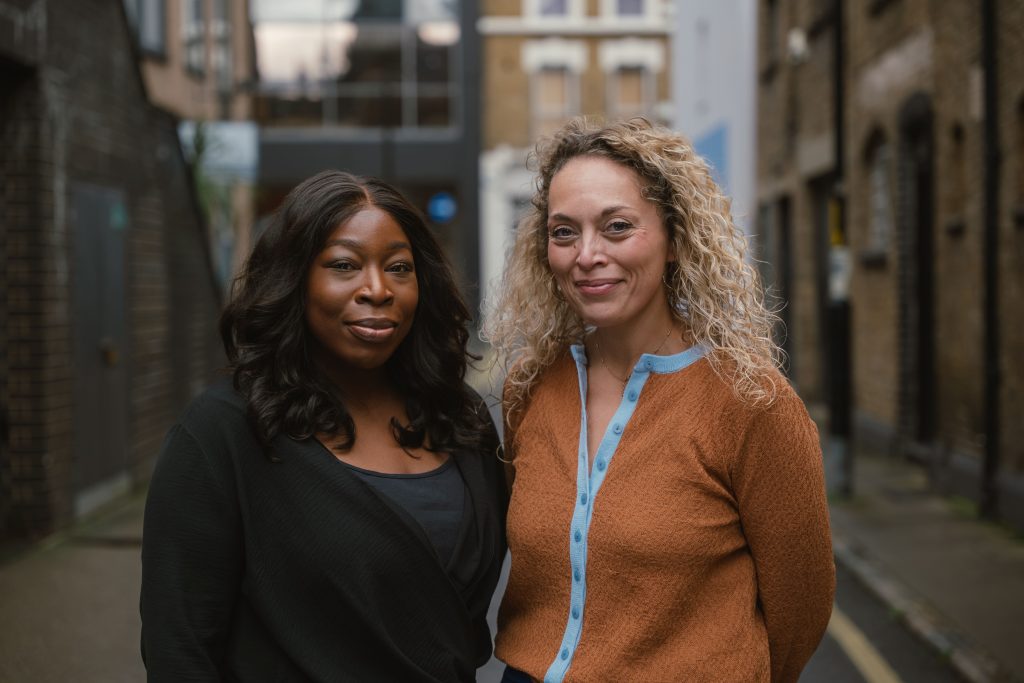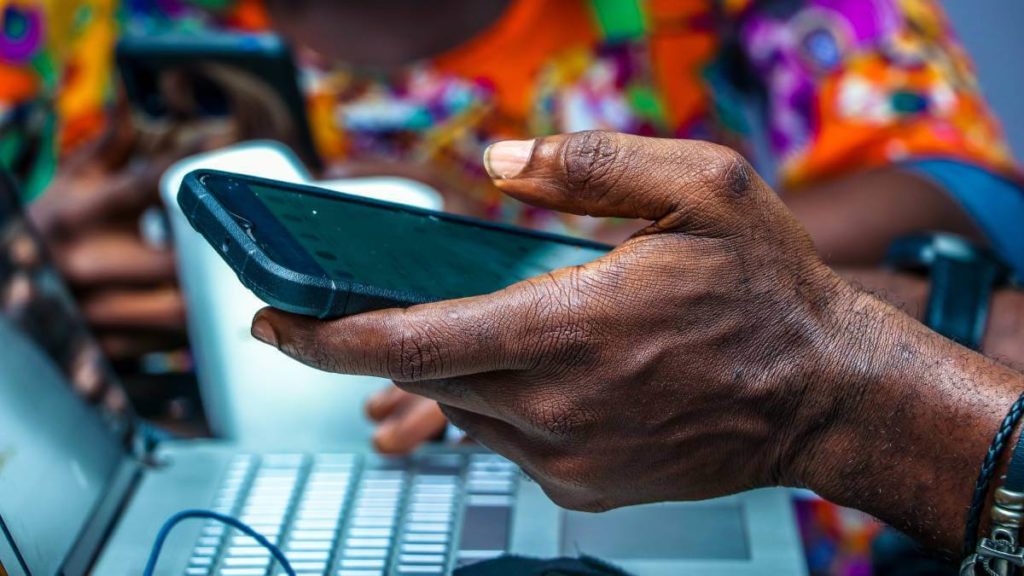Iyin Aboyeji is innovating a new way of doing startup investing in Africa
Serial entrepreneur, Iyin Aboyeji understands how to take risks. In 2013 he came up with an idea that training quality developers in Africa shouldn’t be hard nor should it take long. Under a company called Fora, he believed he could pull this off.
“[T]he cost of training good developers has crashed over the last 5 years,” Aboyeji said in 2014. “You can literally create good developers in 3 months without any prior background in computer science.”
Months later, Aboyeji and his co-founder, Nadayar Enegesi, conceded that Fora wasn’t working. The primary reason was cash. “We were unable to raise the capital we needed and I did not have the political networks to break through various regulatory barriers we faced,” he wrote in a post in 2016.
In 2015, they made the hard choice to shut down Fora. But the idea behind it remained and it was reborn as Andela. Andela has gone on to become successful, raising over $100 million funding from investors including Mark Zuckerburg.
Aboyeji would later leave to start Flutterwave, the fast-growing fintech company.
After six years operating these startups, Aboyeji retreated in 2018 to pursue a different path.
From Flutterwave to building Future Africa
In early 2019, he teamed up with Chuba Ezekwesili, Olabinjo Adeniran and Adenike Sheriff to create Future Africa. It was primarily designed to enable “an online community in deep conversation about Africa’s future.”
But after deep thinking, the four co-founders identified a problem: seed-stage companies were not getting enough funding attention.
“I see the practical challenges with the current funding model [of VCs], Aboyeji told me over the phone. “People (investment analysts) who are supposed to take risks do not take risks early enough.”
He shares his experience fundraising for Flutterwave in 2016. He explained that people were less willing to back the upstart. This is despite the fact that his last venture, Andela, had been a success. They were sceptical of its chances against behemoths like Interswitch and Remita and “they wanted to know what I was going to do differently,” he said.
“We [Flutterwave] raised our first round at a $2.5 million valuation,” he disclosed. “Most people would not even take that now, but that is what it was then.”
While growth stage startups secure big ticket rounds, early-stage startups have little choice but to bootstrap or pursue other sources of funding such as competitions and grants.
“If no one funds the seed companies, how do you find the big companies to fund?” Aboyeji asked.
He says this is a long running problem that is sometimes amplified when an economic crisis is probable. But to address it, he is using an innovative venture capital model, alongside coaching and community support.
Innovating the future of fundraising in Africa
For most VCs, the typical route is to set up a fund, secure commitments from external investors (LPs) and hire investment bankers to manage the fund.
For some time, Aboyeji and his confounders considered the same model before abandoning the thought.
“For us, we just got really frustrated with LP dichotomy,” he tells me. “A lot of the guys who have the capital to disburse don’t understand the ecosystem [and] they are not interested in understanding the ecosystem.”
“[This] is very frustrating,” he adds.
In January, the Future Africa Fund was launched to back enterprising early-stage startups. The fund was seeded with investments from Aboyeji and Enegesi, his Andela co-founder. Aboyeji serves as General Partner of the fund.
The new fund will invest up to $50,000 in a startup for less than 11% equity.
However, unlike other venture funds, Future Africa allows external investors to co-invest. Called Future Africa Collective, the scheme allows qualified investors to sign up and co-invest on a deal-by-deal basis through investment syndicates.
“Investing in innovative technology is very different from investing in a building [and] the exponentials are different,” Aboyeji said.
Whereas to join the collective, interested co-investors are screened, particularly to weigh their risk appetite and prior investing experience. Once screened, they are required to pay an annual subscription fee that offers access to participate in Future Africa’s funding rounds. Aboyeji said since the model is still being tested, the subscription will be waived for now.
When an investment is successful, Future Africa gets a certain percentage of co-investors’ returns.
The fund is domiciled in the US, and the venture is working with a US-based institutional partner who manages all deals on behalf of investors.
The co-invest model is not new. A number of private equity companies and funds already use the model. According to McKinsey, the consulting firm, the total value of co-investment deals has grown to $104 billion since 2012. However, the model is rarely used in the African region.
Also, the Future Africa’s model uses includes a subscription fee that allows co-investors to find deals and make investment decisions on a case-by-case basis. Over 200 potential investors have reportedly signed up as co-investors since April 10.
Testing the Future Africa funding model
Even before its launch, the Future Africa Fund has made a number of deals.
“We really believe in this idea of market-creating innovation being the path for developing economies,” Aboyeji said.
“The more Andelas you can build, the more Flutterwaves you can build, the better your chances of making society better. We believe that.”
The fund currently has 17 startups as portfolio companies. For some of these companies, Aboyeji invested as an angel investor long before setting up Future Africa.
For instance, he reportedly invested $10,000 in 54Gene in 2018 a few days before he officially resigned as CEO of Flutterwave. The startup recently announced a $15 million Series A round.
Other Future Africa portfolio companies include Lori Systems, Andela, Flutterwave, Eden, MAX and Kobo360.
However, under the new Collective system, Future Africa announced its first investment on April 10. Within 5 hours, admitted co-investors had raised 30% of the required sum. In roughly 3 days, it said investors had committed 100% of the total sum.
The model worked.
With that deal secured, Aboyeji says it is “welcome to the future of funding.”














